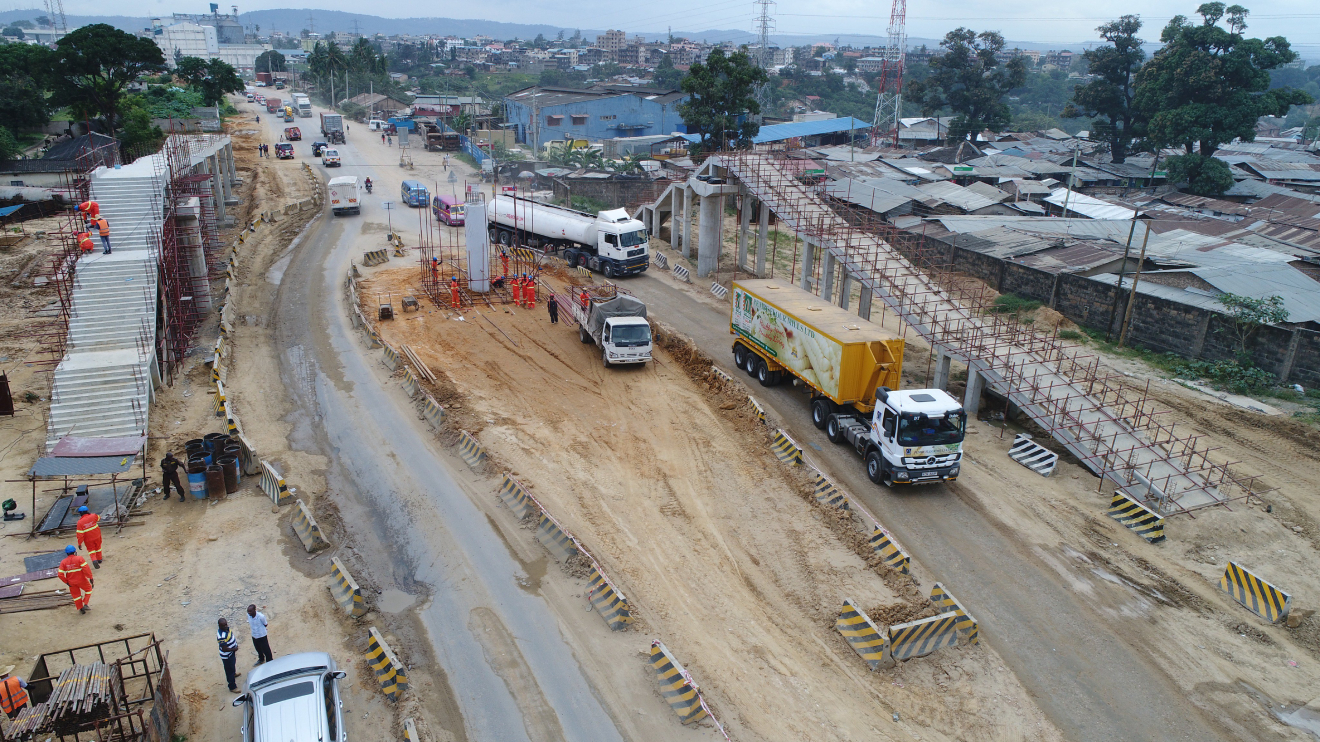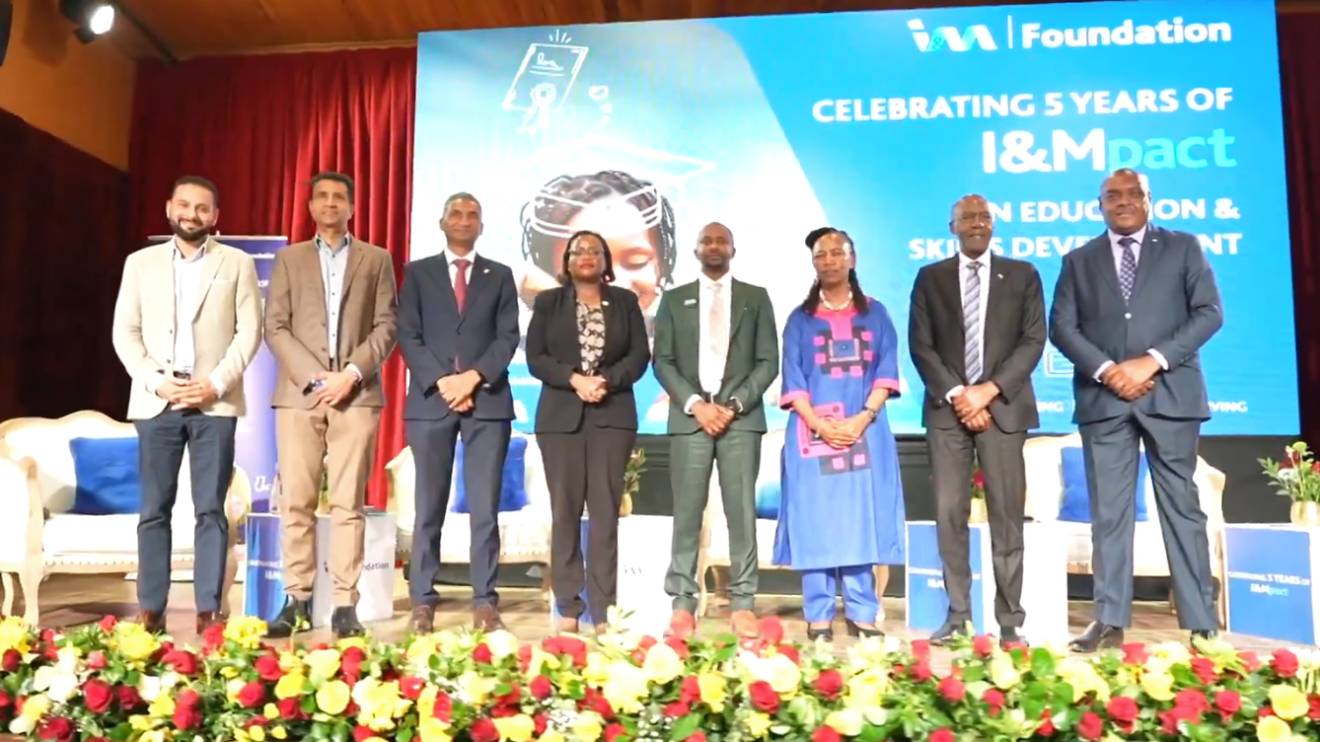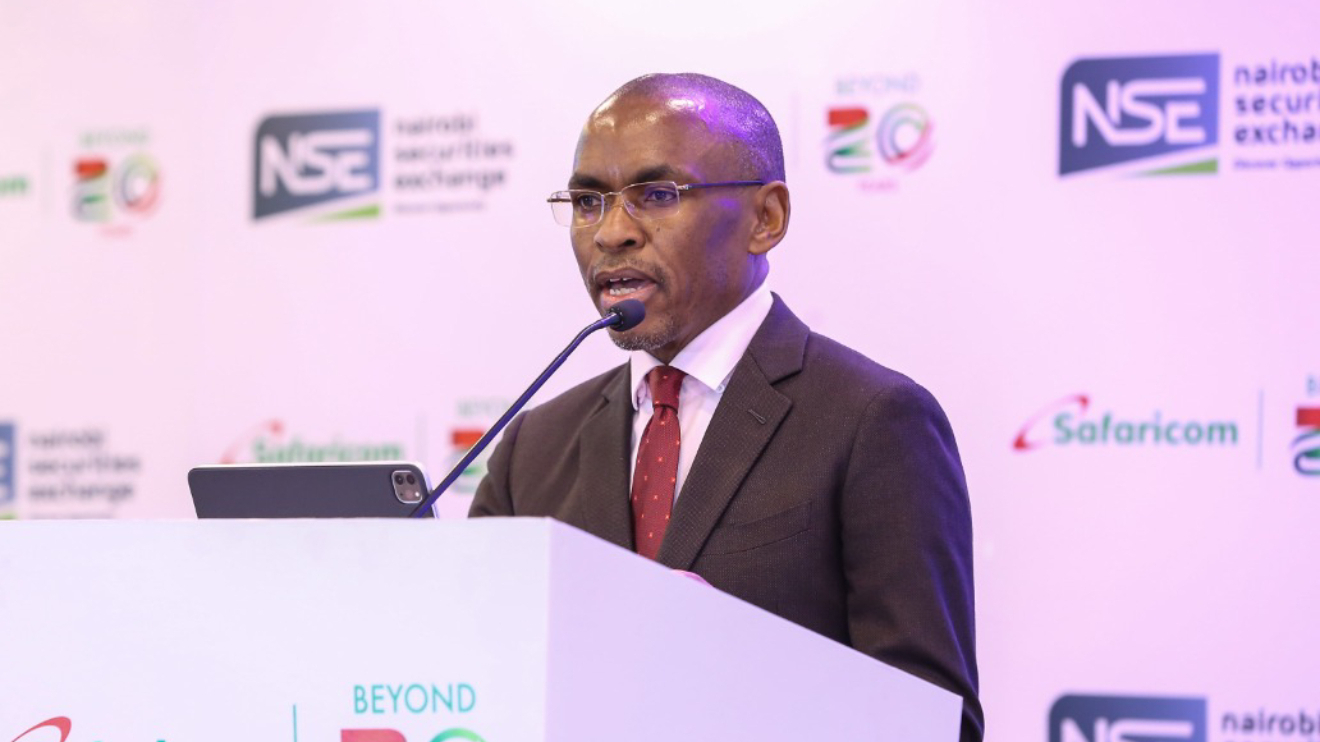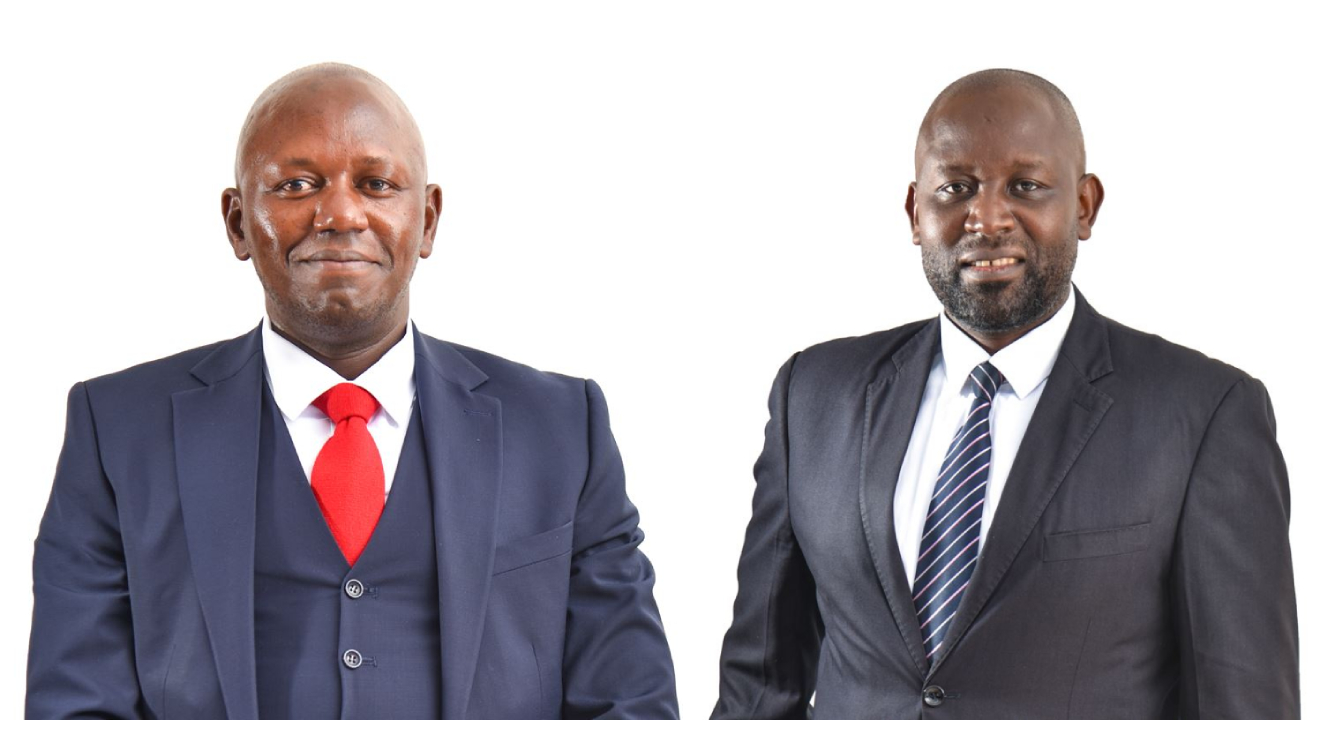World Vision has unveiled a Sh177 million partnership that will see various transformative climate change adaptation and mitigation efforts realized in Narok County.
The projects to be funded by the Korea International Cooperation Agency (KOICA) seeks to build the community’s resilience to adverse effects of global warming, including drought.
The Sustainable Environment and Economy against Drought and Degradation in the Tsavo Ecosystem and Dispersal Area (K-SEED) seeks to enable the community overcome effects of prolonged droughts affecting thousands of families in Narok County.
The project will be realized through reforestation and afforestation initiatives to increase the tree cover in the area to restore degraded land and safeguard water catchment areas.
World Vision says these will enhance soil fertility and pasture and empower communities on climate-smart agricultural techniques that will improve household income and food security.
Read More
Narok Governor Patrick Ole Ntutu intimated that the new K-SEED initiative is evidence of the power of collaboration to transform the communities adversely affected by droughts.
“Through this collaboration, we anticipate a remarkable improvement in the protection of catchment areas through installation of water resource facilities as well as the enrichment of climate change response policies and initiatives that will enable our people to proactively adopt climate-smart agriculture,” said Ole Ntutu.
He added, “My government is committed to provide the technical support as well as the leadership required for the successful implementation of this project.”
World Vision Kenya Programme Effectiveness and Impact Director Fredrick Kasiku noted the need to enhance response to adverse effects of climate change in affected communities.
“We are excited to partner with KOICA and the County Government to improve ecosystem restoration and management in Narok. This aligns with our environmental conservation efforts that also help to boost the economic status of communities,” said Kasiku.
The project roots for the adoption of regreening approaches like the Farmer Managed Natural Regeneration (FMNR) technique to regrow indigenous trees through effective pruning and management of trees.
On her part, KOICA Kenya Office Vice Representative Park Mi lauded the community in Narok County and other local partners for their commitment to the project’s success.
“We have seen the commitment of the community and local leaders to take part in this initiative, which will establish climate resilient livelihoods, as well as promote locally led restoration initiatives,” said Mi.
She added, “We look forward to collaborating with our partners to achieve success in this project.”
The K-SEED project expects to contribute to about 0.3 percent of Kenya’s pledge to restore 5.1 million hectares of land by 2030 based on the African Forest Landscape Restoration Initiative (AFR100) and Bonn Challenge Initiative.
It is also expected to boost efforts by the Kenya government to reduce approximately 30 per cent of its projected Green House Gas emissions by 2030.






-1756319289.jpg)
-1757101509.jpg)



